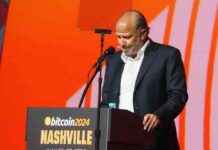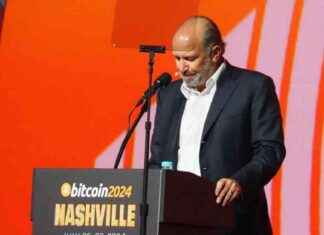LA CORUÑA, 5 Oct. (EUROPA PRESS) –
The 25th Hispanic-German Summit began this Wednesday at twenty minutes to six in the afternoon after the President of the Government, Pedro Sánchez, received the German Chancellor Olaf Scholz. Both leaders then began a bilateral meeting and at the same time, the ministers accompanying the president began meetings with their German counterparts.
At the entrance to the Palacio de Congresos y Exposiciones de La Coruña (Palexco), Sánchez received Scholz, who arrived half an hour late compared to the scheduled time due to the delay in his flight due to fog.
After the family photo, the summit began, which will be marked by the high price of energy, and by the possibility of Spain joining a European anti-missile shield promoted by Germany, according to the German ambassador to Spain, María Margarete Gosse, this Tuesday in an interview.
The diplomat affirmed that Spain will address this issue with Germany at the meeting in La Coruña and confirmed that there are talks “at a relatively low level”. “We’re probing,” she said.
In energy matters, the Government hopes that the common position of the two countries regarding the need to increase interconnections and the importance of working towards an energy union will become clear, an issue in which both Spain and Germany are interested in advancing.
Regarding the Midcat gas pipeline that would connect Spain with the rest of Europe through France and that both countries are trying to promote but that is opposed by the French president, Emmanuel Macron, the Government will insist that it is not a bilateral problem with the neighbor to the north. However, both countries have differences regarding the gas price cap, a measure that does not fully convince Germany.
The Spanish delegation is made up of the First Vice President and Minister of Economic Affairs and Digital Transformation, Nadia Calviño; the second vice president and minister of Labor and Social Economy, Yolanda Díaz and the third vice president and minister for the Energy Transition and the Demographic Challenge, Teresa Ribera.
The heads of Foreign Affairs, European Union and Cooperation, José Manuel Albares; Defense, Margarita Robles; Agriculture Livestock and Fishing, Luis Planas; Industry, Commerce and Tourism, Reyes Maroto, and Universities, Joan Subirats.
After the meetings by departments, all the participants in the summit will share their conversations and then the signing of documents will take place: a brief political declaration and an action plan from all the ministries with proposals for possible actions to deepen relations in the future. Two documents will also be signed, one on social and labor matters and the other on higher education.
Finally, Sánchez and Scholz will offer a joint press conference that is scheduled to start at half past seven in the afternoon.








